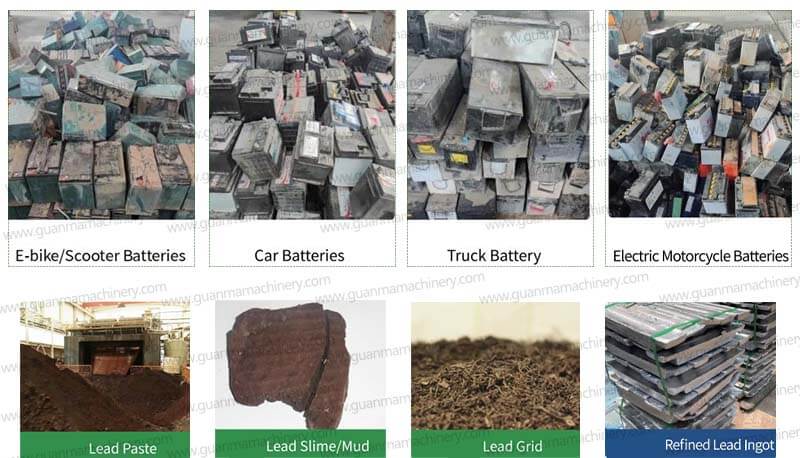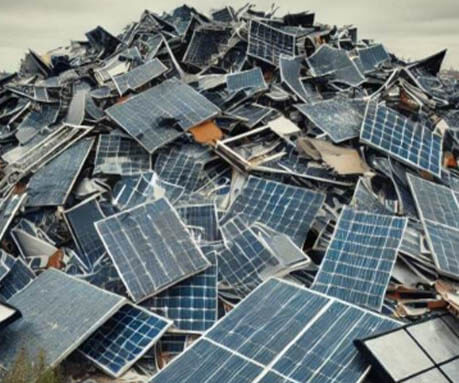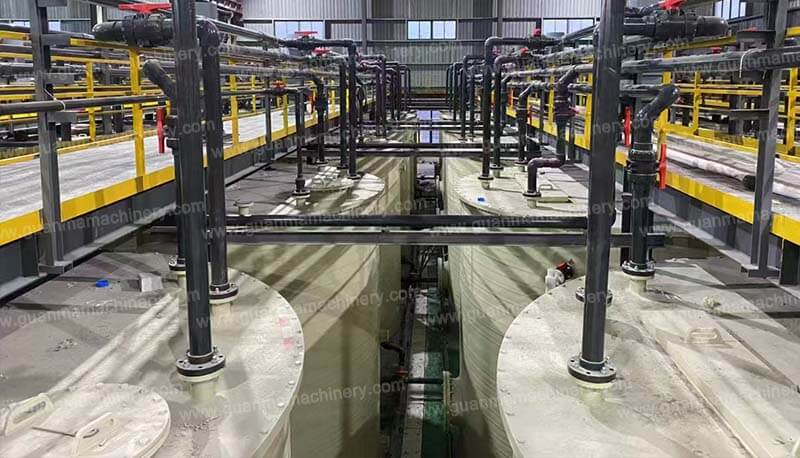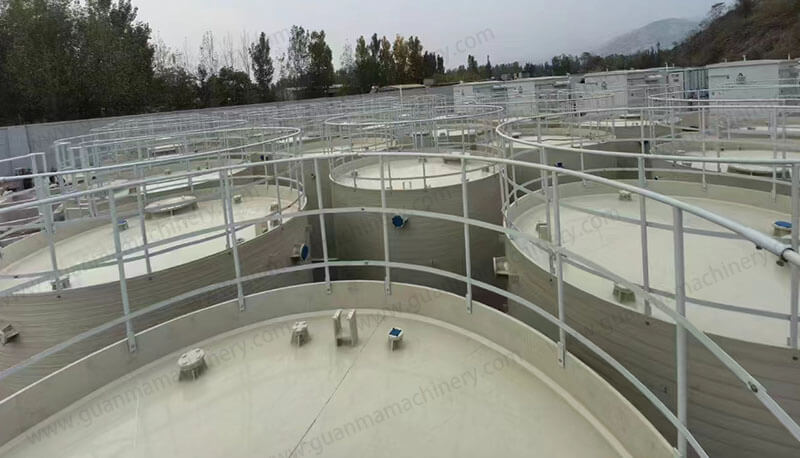With the increase in battery use across various industries, there’s a rising need for efficient recycling processes. A battery hydrometallurgical machine is an essential tool in this domain, designed to process and recover valuable metals from waste batteries through chemical extraction methods. If you’re looking for a reliable solution, understanding how these machines work and what a reputable battery hydrometallurgical machine manufacturer can provide is essential. This article will give an in-depth look at the features, final products, factory processes, and cooperation details involved in acquiring a battery hydrometallurgical machine from a waste battery hydrometallurgical machine factory.
1. Understanding the Battery Hydrometallurgical Machine
A battery hydrometallurgical machine is a sophisticated system used to extract and recover metals such as lithium, nickel, cobalt, and manganese from waste batteries. Through hydrometallurgical processes, these machines utilize chemical reactions to separate valuable elements from battery waste, making it possible to reuse these metals in new battery production and other applications. The hydrometallurgical process is widely favored for its efficiency and environmental friendliness compared to traditional methods. As demand for recycled battery materials rises, so does the significance of choosing the right battery hydrometallurgical machine manufacturer.
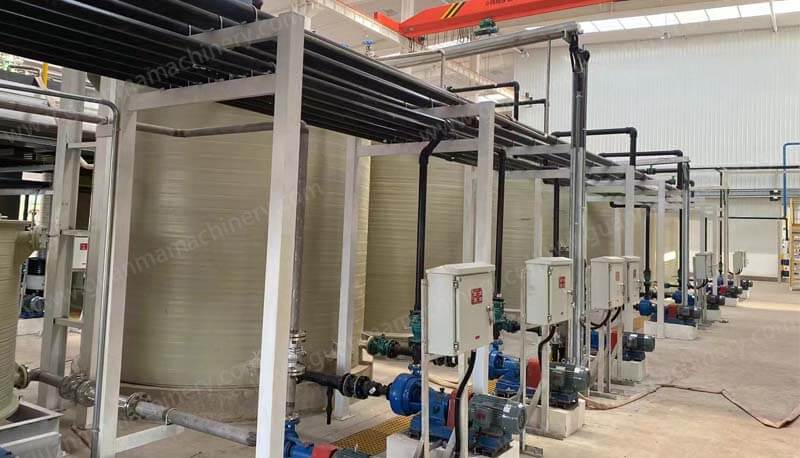
2. The Importance of Choosing the Right Manufacturer
Selecting a reputable battery hydrometallurgical machine manufacturer is crucial for ensuring high-quality output and longevity of your equipment. Leading manufacturers typically provide machines that meet international safety standards, are built from durable materials, and incorporate the latest technology in metal recovery. A trusted battery hydrometallurgical machine manufacturer also offers customized solutions to meet specific business needs, allowing clients to handle a wide range of battery types and sizes.
Moreover, when working with a professional manufacturer, you can expect comprehensive after-sales support, including training, spare parts supply, and regular maintenance. This ensures that your investment in a waste battery hydrometallurgical machine is well-protected and that the machine operates at optimal efficiency.
3. Raw Material Processing
The primary raw material for a waste battery hydrometallurgical machine is used or discarded batteries, ranging from lithium-ion batteries used in electric vehicles to traditional lead-acid batteries. The process typically involves a series of chemical and mechanical steps:
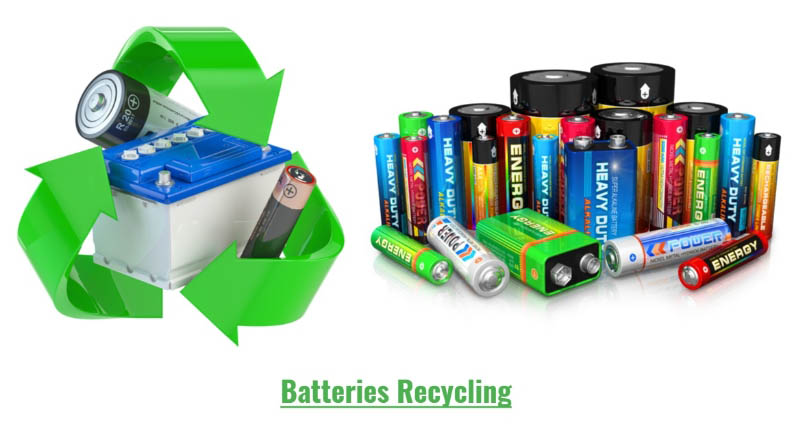
Battery Preparation: Batteries are dismantled and pre-processed to remove casings and separate major components.
Chemical Leaching: Chemicals are used to dissolve metals from the battery material, facilitating the separation of valuable elements.
Purification and Extraction: After leaching, the solution is purified to isolate metals such as lithium, cobalt, and nickel.
Final Processing: These metals are then transformed into a purified form suitable for reuse in new battery production or other applications.
By converting used batteries into valuable resources, a waste battery hydrometallurgical machine not only supports a circular economy but also helps reduce the environmental impact of battery waste.
4. Final Products: High-Purity Recovered Metals
The final products produced by a battery hydrometallurgical machine include high-purity metals and compounds, such as lithium carbonate, nickel sulfate, and cobalt sulfate. These recovered materials are essential in various industries, particularly in manufacturing new batteries. By using a waste battery recycling machine, companies can reduce dependence on virgin materials, cut costs, and contribute to sustainability goals.
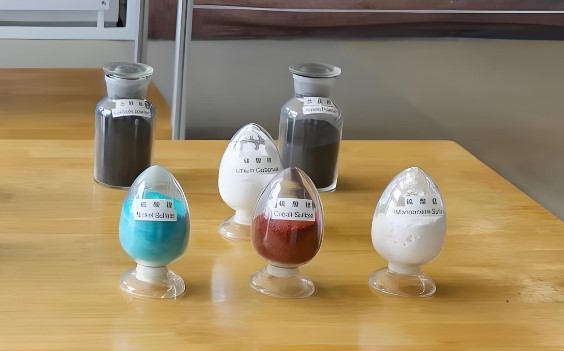
5. Factory Visits: Understanding the Production Process Firsthand
A factory visit to a waste battery machine factory offers potential buyers a firsthand understanding of the manufacturing process. During a factory tour, visitors can observe each stage of machine production, from material selection and precision engineering to final assembly. Factory visits also provide an opportunity to see how manufacturers ensure product quality through stringent testing and quality control measures.
Investing in a battery hydrometallurgical machine is a strategic choice for companies aiming to capitalize on battery recycling. Choosing a reputable battery recycling machine manufacturer ensures high-quality machinery, reliability, and ongoing support, helping you achieve efficient and sustainable battery recycling. The waste battery recycling machine factory you select plays a significant role in determining your overall success, so opt for a manufacturer that values quality, precision, and client satisfaction.

